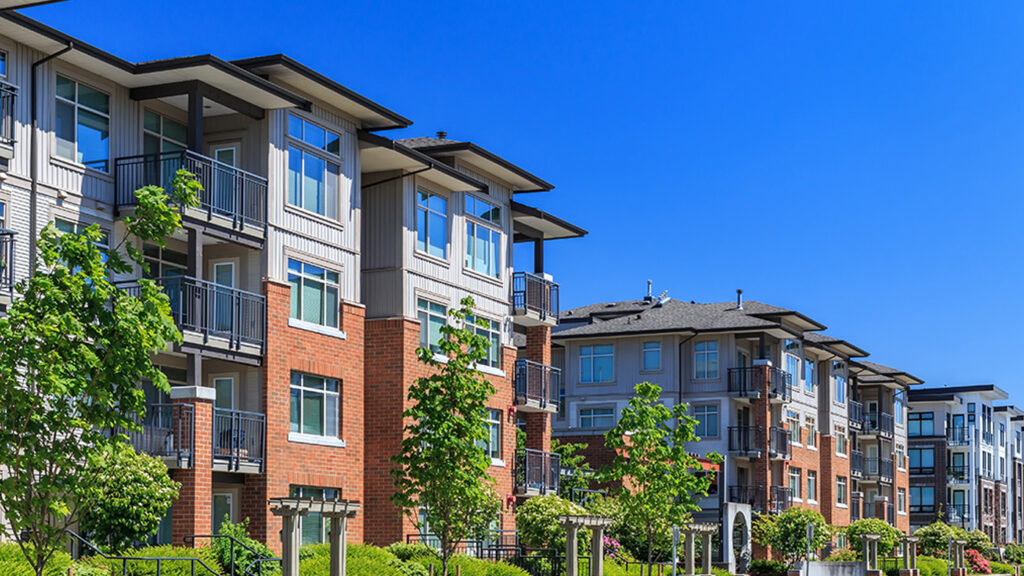- Multifamily has been the darling of this real estate cycle.
- A confluence of factors, including a demographic wave, high cost of homeownership, and supply constraints, have bolstered the multifamily market in Greater Boston.
- There is an appetite for product, with existing assets trading, as well as land deals for future development.
- Rents are reacting, growing year-over-year in numerous suburban markets.
- Rent growth in the city is still in a discovery mode.
- Nationally, we have seen deals with pricing at or above pre-COVID-19 levels.
During the Great Recession that officially began at the end of 2007, housing was front and center. What happened —after high unemployment, foreclosures and a strong demographic wave —strongly supported the multifamily market. It was the darling of the recovery and has been a popular product type due to its stability and long-term performance metrics. Our teams, both on the investment sales and debt/equity sides of the shop, have found multifamily still in high demand.
The massive economic stimulus the Federal Reserve pumped into the system is unprecedented. The liquidity has driven down rates on multifamily loans, with debt available at sub-3% rates. Investors still have an appetite for land acquisitions and development. Greater Boston is underhoused: we are a densely built out metro, with community opposition to new development of housing and in many municipalities, housing of any kind, but particularly multifamily. This keeps prices up. Multifamily can also respond to market conditions more quickly than office or industrial, because apartment lease terms are typically shorter than other commercial real estate leases. And what we have found is revealing differences in performance within Greater Boston’s submarkets.
Daily rent data from CoStar, via Apartments.com, shows a number of submarkets posting rent gains. Many of these are suburban, including the South Shore, 93 North, Lawrence/Haverhill, Route 2, Lowell/Dracut, 495 South, and South Plymouth County submarkets. These areas have not been inundated with new development, and new product has leased up well. Meanwhile, there is still price discovery in the city of Boston, with landlords all over the map: some are holding rents flat, others cutting, and still others pushing for increases.
The capital markets are actively seeking multifamily investment in other parts of the country. Anecdotally, some deals that Colliers has been a party to have traded at or above pre-Covid-19 pricing. These specific deals are in parts of the country with lower Covid caseloads than in Massachusetts. However, locally, we are seeing an appetite for product as well.

 Aaron Jodka
Aaron Jodka

 Chris Zlocki
Chris Zlocki
 Adam Schindler
Adam Schindler